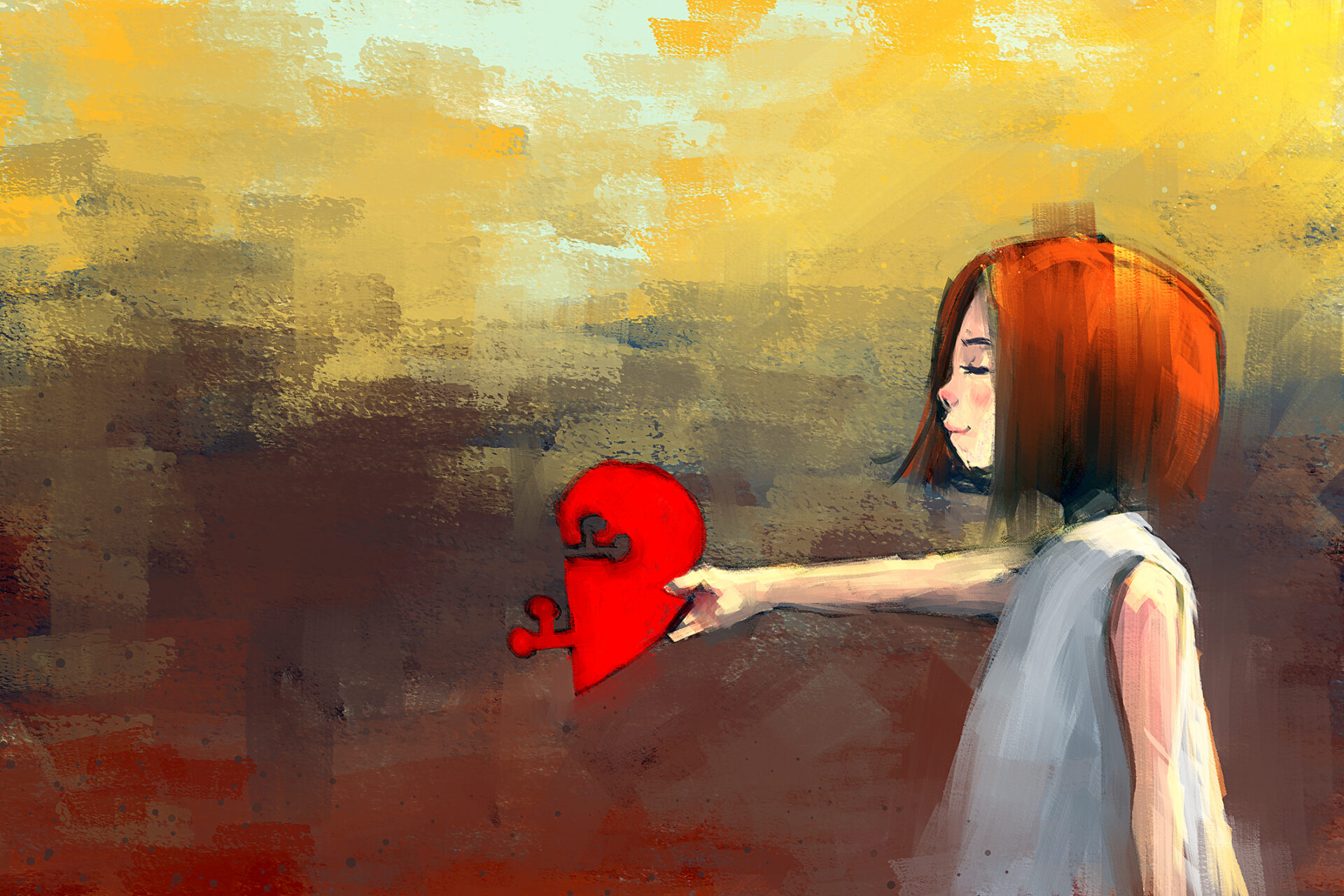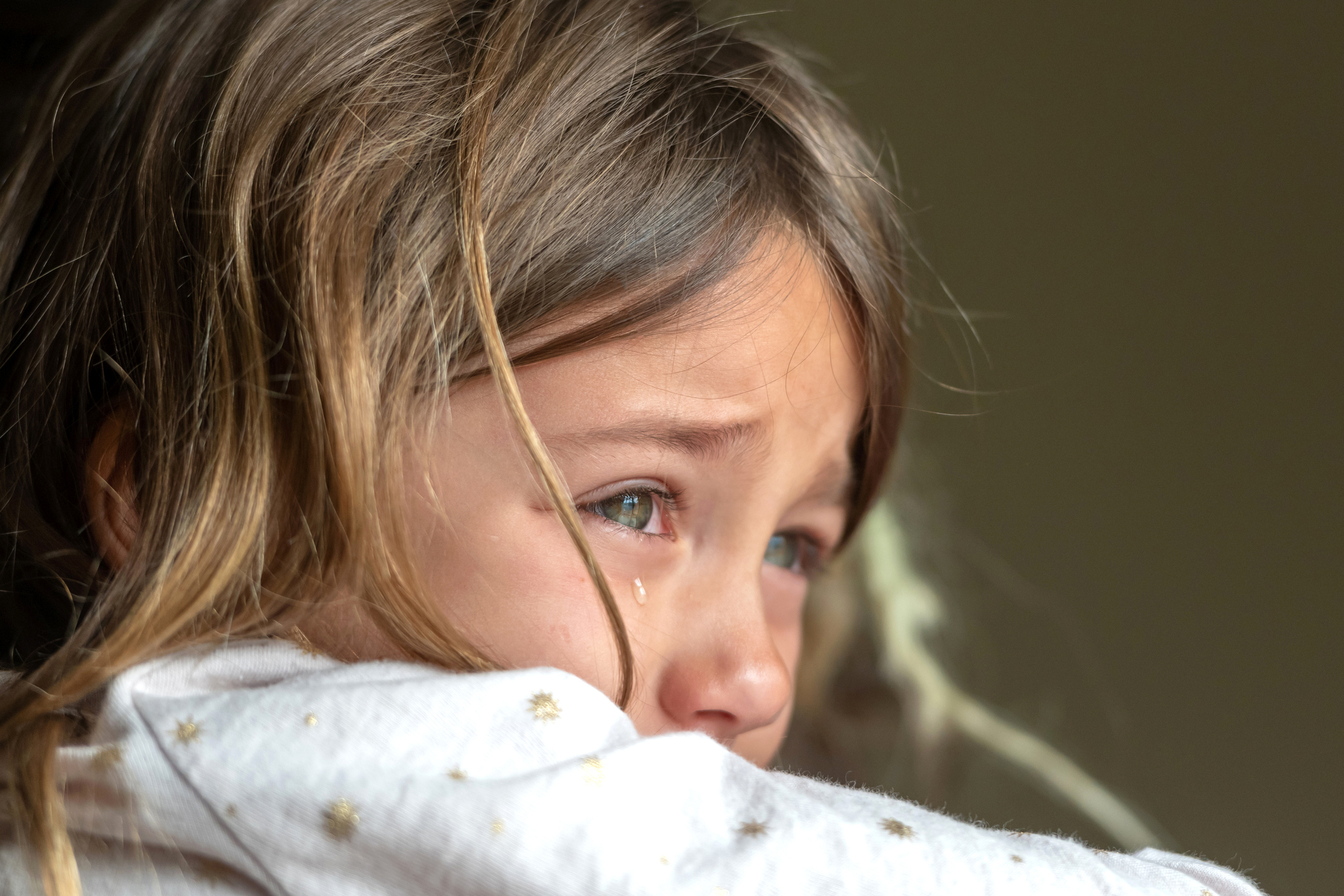Adverse Childhood Experiences (ACEs), as defined by a 1995 study conducted by CDC and Kaiser Permanente, are abuse, neglect and household dysfunction. The conclusions state that ACEs are common and that there is a strong correlation between prevalence of ACEs and high likelihood of poor life outcomes and chronic diseases. Theory of toxic stress explains that ACEs lead to negative life outcomes as a consequence of biological reactions triggered by ACEs. The stress response systems comprise of brain development system, metabolic and immune systems, as well as cardiovascular system. ACEs are now proven to cause adverse reaction in all of these response systems. Many children will trigger long-lasting and excessive stress response when exposed to repeated ACEs, especially when there is lack of supportive relationships with adults. Fortunately, those who have gone through many ACEs are not damaged beyond repair as there are numerous possible responses to ACEs that can be implemented with professional help.
Key Takeaways:
- Adverse Childhood Experiences are common among the middle class, as roughly 2/3 of the middle class have reported experiencing at least one ACE.
- ACEs trigger biological reactions that trigger stress response systems and this leads to a very long lasting stress response via your brain.
- Some things that we can do to combat ACE related stress is to undergo therapeutic interventions and simply reducing other stress factors in your life.
“Trauma-informed care or services are characterized by an understanding that problematic behaviors may need to be treated as a result of the ACEs or other traumatic experiences someone has had, as opposed to addressing them as simply willful and/or punishable actions.”
Read more: https://developingchild.harvard.edu/resources/aces-and-toxic-stress-frequently-asked-questions/






